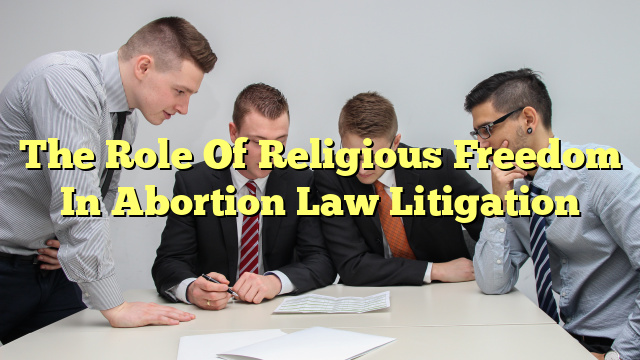Table of Contents
The Supreme Court and Religious Freedom
When it comes to religious freedom, the Supreme Court has played a crucial role in shaping the laws and regulations surrounding this fundamental right. The First Amendment of the United States Constitution guarantees the free exercise of religion, and the Supreme Court has interpreted and applied this provision in various cases throughout history.
In the landmark case of Employment Division v. Smith, the Supreme Court held that neutral laws of general applicability can be applied to religious practices, even if they burden religious beliefs. However, the Court has also recognized that certain laws may impose a substantial burden on religious exercise, and in such cases, strict scrutiny is applied to determine if the law is constitutional.
Overall, the Supreme Court has consistently affirmed the importance of religious freedom and has sought to strike a balance between protecting religious beliefs and ensuring that laws are applied equally to all individuals.
A Court Case on Freedom of Religion
One court case that relates to freedom of religion is Employment Division v. Smith. In this case, two Native American employees were fired from their jobs after using peyote, a hallucinogenic drug, as part of a religious ceremony. The employees argued that their termination violated their right to freely exercise their religion.
The Supreme Court ruled against the employees, stating that the government’s interest in enforcing neutral and generally applicable laws outweighed the employees’ right to religious freedom in this particular case. This decision established the standard that neutral laws can be applied to religious practices, even if they burden religious beliefs.
However, it is important to note that this decision does not mean that all laws can be applied without regard to religious freedom. If a law imposes a substantial burden on religious exercise, strict scrutiny is applied to determine if the law is constitutional.
Laws Based on Religion and the Constitution
The Constitution prohibits the government from making laws that establish a religion or interfere with the free exercise of religion. This means that it is against the Constitution to make laws that are based solely on religious beliefs or that favor one religion over others.
The Establishment Clause of the First Amendment prohibits the government from establishing a religion, while the Free Exercise Clause protects the right of individuals to freely practice their religion. These clauses work together to ensure that the government remains neutral and does not infringe upon individuals’ religious beliefs.
However, the Supreme Court has recognized that there may be instances where laws based on religious beliefs can be justified if they serve a compelling government interest and are narrowly tailored to achieve that interest. This is known as the strict scrutiny standard.
Legislation Tied to Freedom of Religion
Several pieces of legislation are tied to the freedom of religion in the United States. One of the most significant is the Religious Freedom Restoration Act (RFRA), which was passed by Congress in 1993. The RFRA provides a statutory framework for evaluating claims of religious freedom and requires the government to demonstrate a compelling interest in order to burden religious exercise.
Additionally, the Civil Rights Act of 1964 prohibits discrimination on the basis of religion in various areas, including employment and public accommodations. This legislation protects individuals from being treated unfairly or denied opportunities because of their religious beliefs.
Other legislation, such as the Equal Access Act and the Religious Land Use and Institutionalized Persons Act, also address issues related to religious freedom and seek to protect individuals’ rights to practice their religion without undue interference.

